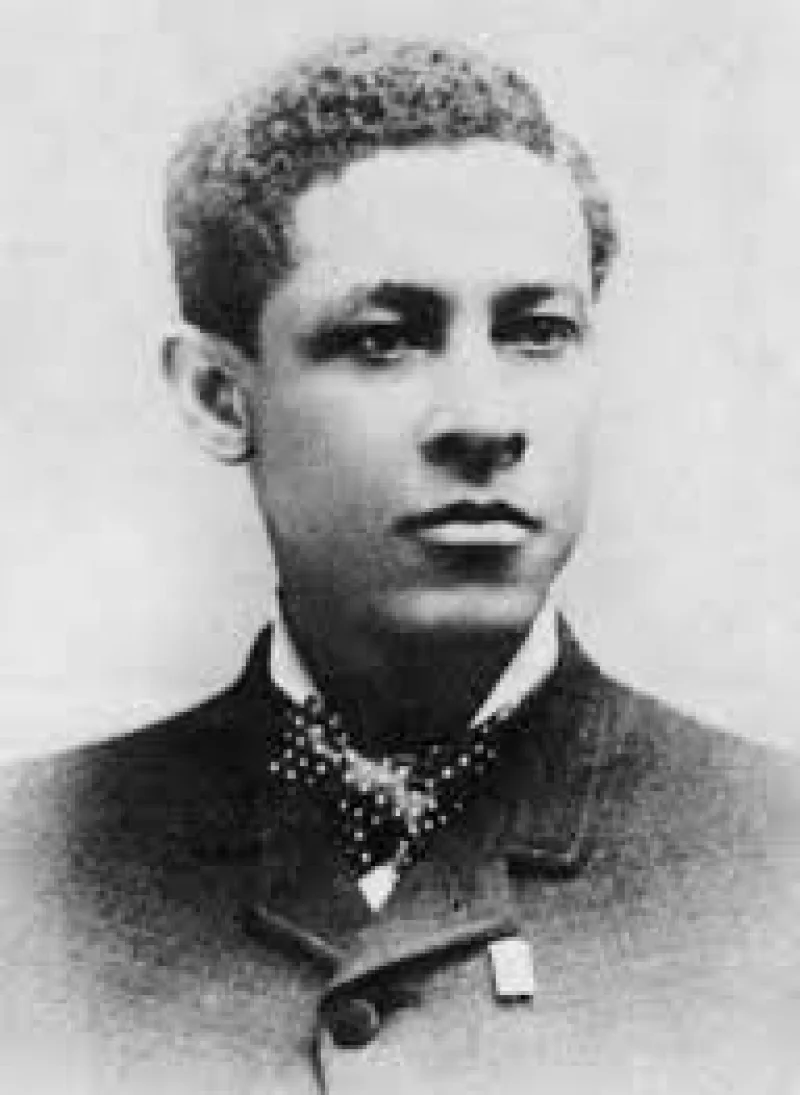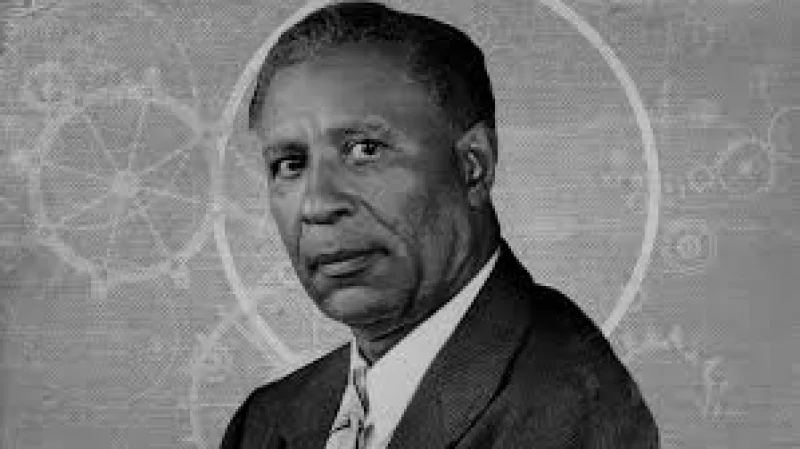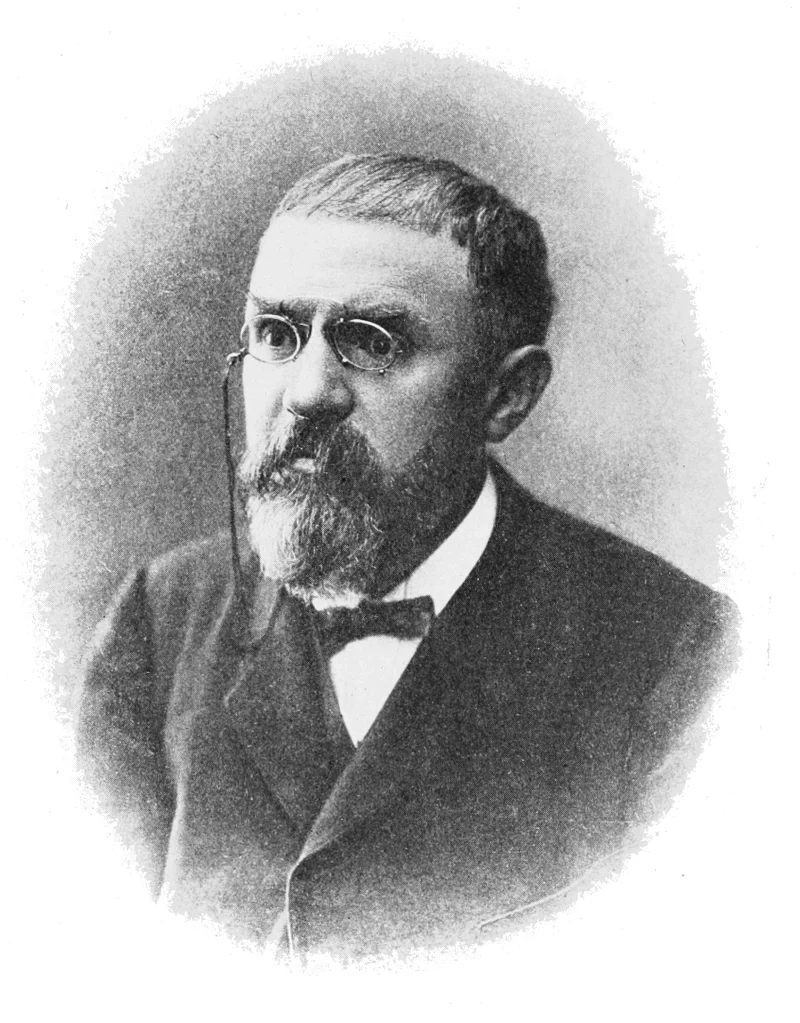Short Summary
Hermann Staudinger was a pioneering chemist whose groundbreaking work on polymers earned him the Nobel Prize in Chemistry in 1953. He is best known for his development of the macromolecular theory of polymers, which fundamentally changed the understanding of synthetic and natural polymeric substances. Staudinger's research laid the foundation for the modern plastics industry and significantly influenced fields like biochemistry and materials science. His insights into the structure of polymers transformed them from a mere curiosity into vital materials with countless applications.
Early Life & Education
Hermann Staudinger was born on March 23, 1881, in Worms, Germany, into a family with a strong academic background. His father, Franz Staudinger, was a high school teacher and later a professor, which imbued Hermann with an early appreciation for education and science. Staudinger pursued his chemistry studies at the University of Halle, where he received his Ph.D. in 1903. His early exposure to scientific inquiry, combined with the mentorship of prominent chemists, cultivated his interest in organic chemistry. His academic journey continued with postdoctoral work at the University of Strasbourg, where he honed his skills and began laying the groundwork for his future contributions to polymer chemistry.
Career Highlights
Staudinger's career was marked by significant contributions to the field of chemistry, particularly in polymers. In 1912, he joined the faculty at the Swiss Federal Institute of Technology in Zurich, where he began his pioneering work on polymer chemistry. His hypothesis that polymers were long chains of repeating molecular units challenged the prevailing view and faced initial skepticism. Staudinger's persistence led to the acceptance of his macromolecular theory, fundamentally altering the understanding of polymer structures. His work culminated in receiving the Nobel Prize in Chemistry in 1953. Staudinger continued to influence the field through research and teaching, inspiring future generations of chemists.
Major Achievements
- Developed the macromolecular theory of polymers, revolutionizing the understanding of polymer structures.
- Awarded the Nobel Prize in Chemistry in 1953 for his work on macromolecules.
- Laid the foundation for the modern plastics industry through his research on synthetic polymers.
- Authored numerous influential papers and books on polymer chemistry.
Famous Quotes
- "It is not the structure, but the size of the molecules that is important."
- "My work has shown that polymers are truly macromolecules, long chains of atoms held together by covalent bonds."
Interesting Facts
- Staudinger's work initially faced significant skepticism from the scientific community.
- He coined the term "macromolecule" to describe large, complex molecules.
- Staudinger also contributed to the understanding of natural rubber and cellulose.
- He actively promoted the use of polymers in medicine and industry.
- Staudinger's legacy lives on in the form of the Staudinger reaction, a named chemical reaction.
Legacy / Influence
Hermann Staudinger's pioneering work on macromolecules established the foundation for modern polymer science. His theories and research catalyzed the development of the polymer industry, leading to the creation of countless materials and products used worldwide today. His influence extends beyond chemistry, impacting fields like materials science, medicine, and engineering. Staudinger's vision of polymers as essential materials has become a reality, cementing his legacy as a transformative figure in scientific history.
FAQ
Q: Why is Hermann Staudinger famous?
A: He is famous for his groundbreaking work on the macromolecular theory of polymers, which earned him the Nobel Prize in Chemistry in 1953.
Q: What was Staudinger's major contribution to science?
A: His major contribution was the development of the macromolecular theory of polymers, which revolutionized the understanding of polymer structures.
Q: How did Staudinger's work impact industry?
A: His research laid the foundation for the modern plastics industry, enabling the creation of countless polymer-based materials and products.
Q: What recognition did Staudinger receive for his work?
A: He received the Nobel Prize in Chemistry in 1953 for his pioneering work on macromolecules.












